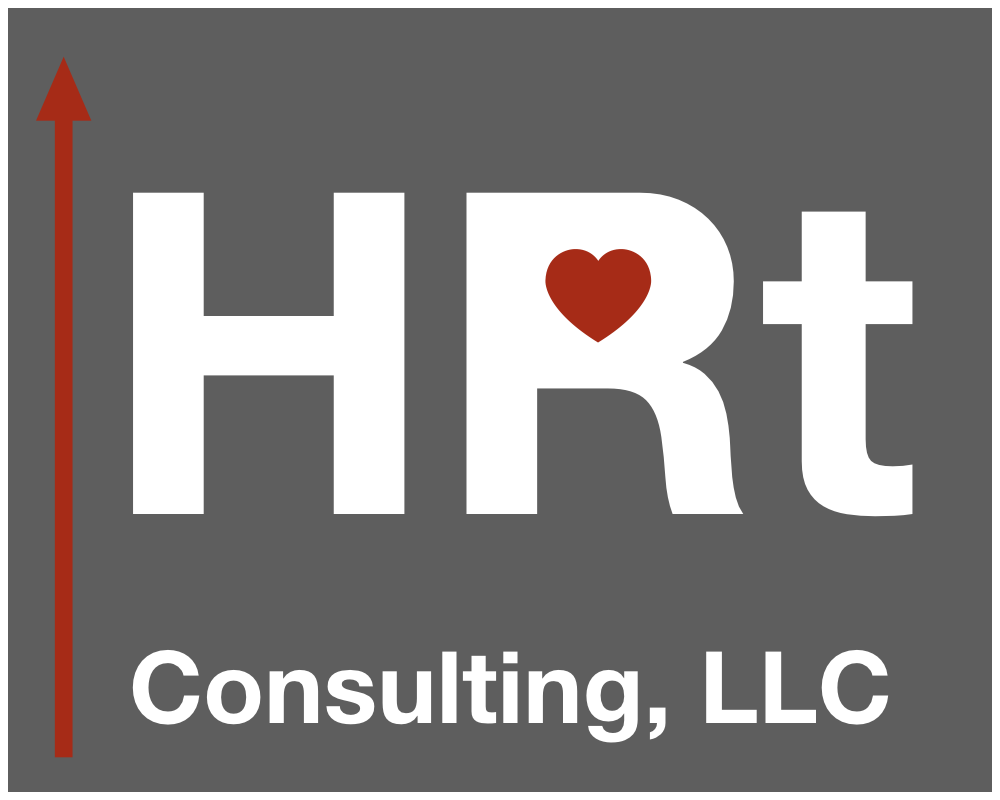Is an HR Business Partner Really Necessary?
Defining the role of an HR Business Partner isn’t too difficult for HR practitioners. But ask their clients and the role becomes less clear. Most HR Business Partner job descriptions read something like this:
“The HR Business Partner (HRBP) is responsible for aligning business objectives with employees and managers in designated business units. The position serves as a consultant to management on human resource-related issues. The successful HRBP acts as an employee champion and change agent.”
Most managers will say their HRBP excels at recruiting, terminating and navigating tricky employee situations but stop short of a description as powerful as the one above. When companies truly understand the value an HRBP brings to talent acquisition, development and engagement, the role is fluid, exciting and delivers results.
But when organizations do not fully utilize the HRBP role, and the role is there in title only; they are overpaying for HR services. In my experience, many HRBPs themselves feel unproductive and underutilized, spending at least half of their time on non-consulting tasks, doing tactical work below their paygrade. This unproductivity adds significant cost to a business considering the average HRBP salary is around $100,000.
One solution to overpaying for HR business partnering is to eliminate the HRBP role from the organization. If done properly, key strategic responsibilities need to shift to new owners in the business. Below are a few such examples of ownership transition:
· Recruiting – a number of highly skilled RPO’s (Recruitment Process Outsourcers) can handle all the sourcing and administrative work of the hiring process efficiently and economically. Hiring managers engage with them virtually but remain in control of candidate selection.
· Development – Ongoing individual and team development is critical to an organization’s success, yet most HRBPs who are asked to lead these efforts do not have specific or relevant expertise. Hiring a consultant who specializes in talent development and can create systems to be followed is more efficient and cost effective.
Another evolving trend in business is transferring those functions underperformed by in-house HRBPs to managers. Consultants educated and practiced in these strategic functions aid in the transition.
But wait…what about those important day-to-day talent decisions: who to promote, how to ensure employees are engaged, and how to ensure the company is retaining key talent? Don’t we need HR for that? I suggest we do not ask HR to take a lead role in these areas.
We have all heard the mantra: “employees don’t leave companies, they leave their managers.” If we accept this as true a majority of the time, why would an organization not expect managers to own fully engaging and developing each member of their teams?
If a manager understands his or her role is first and foremost to know the motivations, strengths and development needs of team members, the need for an HRBP is eliminated.
To effectively manage a transition to this type of leader model you need to ensure you have relevant skills on staff or hire an expert in change management with an HR background. Their role will be coaching managers on assessing and managing talent, providing tools and structure, and employing change management methodologies to ensure future viability. Once managers are living their learnings the consultant role is no longer needed, and they teach new peers as they are hired, creating a fully sustainable cycle of talent management without HR consulting.
Contact HRt Consulting for a free introduction on how we can help your leaders become true talent managers.
